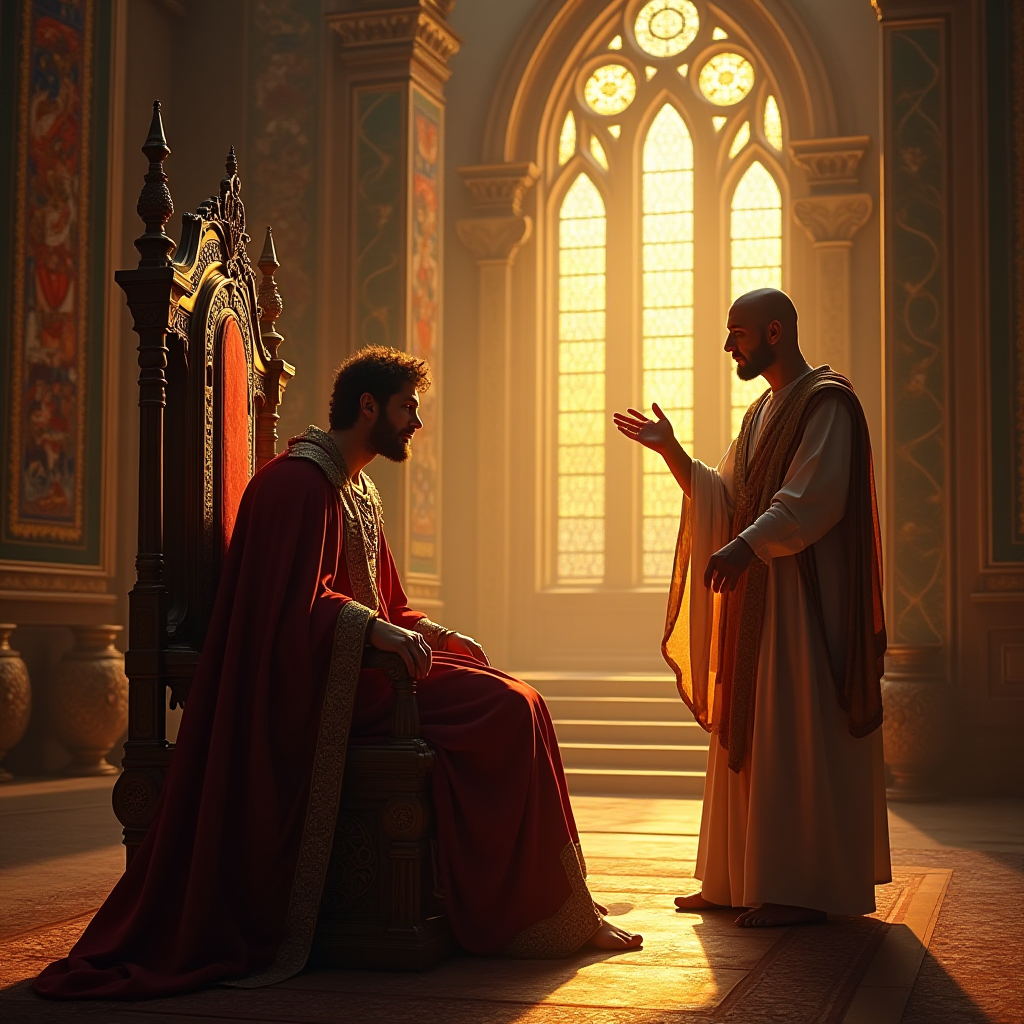
A Restored Relationship: The Central Message
At the heart of the message is a vital truth: sin creates separation from God, particularly affecting one's peace and inner joy. However, genuine confession leads to forgiveness, and forgiveness restores both the relationship with God and the joyful assurance of salvation. The experience of reconciliation is both spiritual and emotional—bringing relief, release, and rejoicing.
This theme is built around three foundational truths:
- Unconfessed sin burdens the conscience and creates spiritual unrest.
- God calls people to honest confession, offering full forgiveness and cleansing.
- Repentance and pardon lead to restored joy and assurance in a walk with God.
The Weight of a Hidden Wrong: A Story of Conscience
Peace is not merely about external circumstances. A striking real-life example highlights this point: Catherine Ann Power participated in a bank robbery that resulted in fatal violence. Though she escaped and lived under an alias for over two decades, she eventually turned herself in—not because of external pressure, but because of the internal torment of unresolved guilt.
Her story illustrates a timeless principle: outward freedom or success cannot erase inner unrest caused by unconfessed sin. The human conscience, when troubled, robs life of its fullness until healing through truth and confession is sought.
A Biblical Portrait of Confession: David and Nathan
The Bible offers a powerful example of confession through the life of King David. After committing adultery with Bathsheba and orchestrating her husband’s death, David is confronted by the prophet Nathan. Nathan cleverly uses a parable about a rich man who steals a poor man's only lamb to stir David’s sense of justice. When David is enraged at the story’s villain, Nathan responds with the piercing words: “You are that man.”
This moment marks the breaking point of David's denial. He confesses, “I have sinned against the Lord.” His penitence is preserved in Psalms 32 and 51—powerful accounts of guilt, sorrow, and longing for spiritual renewal. In Psalm 51, David pleads:
“Restore unto me the joy of thy salvation.”
This plea shows that forgiveness is not just about escaping judgment—it’s about reclaiming joy, intimacy, and nearness to God.

God's Gracious Response to Confession
Following David’s confession, Nathan speaks again on God’s behalf: “The Lord has taken away your sin; you are not going to die.” This demonstrates God’s readiness to fully forgive when repentance is sincere.
However, two key truths are emphasized:
- Forgiveness may not remove earthly consequences (David still faced family turmoil), but it does restore the soul’s peace.
- God’s cleansing is complete. It’s not partial or uncertain.
An analogy likens this to using a washing machine properly—once the wash is complete, the clothes are clean. Likewise, when God says He forgives, the cleansing is thorough and absolute.
This promise is affirmed in 1 John 1:9:
“If we confess our sins, he is faithful and just to forgive us our sins, and to cleanse us from all unrighteousness.”
Promises of Complete Forgiveness from Scripture
Several biblical passages reaffirm God’s eagerness to pardon:
-
Psalm 103:10–12: “He does not treat us as our sins deserve… as far as the east is from the west, so far has he removed our transgressions from us.”
This metaphor shows the irreversible distance between God and our sin once it's forgiven. -
Micah 7:18–19: God “will again have compassion on us” and will “cast all our sins into the depths of the sea.”
Here, the imagery portrays our forgiven sins as irretrievably lost, never to be brought against us again.

Confession and Inner Peace: A Modern-Day Example
One illustrative story involves a hobbyist who used metal-detecting to find coins. At one point, he secretly planted a coin to impress others. Years passed, and the guilt lingered—dampening his enjoyment of the hobby and troubling his conscience.
Eventually, he confessed, apologizing to the group. To his surprise, the burden lifted immediately, and his relationships were not only restored but deepened.
The lesson was clear: undealt-with guilt creates emotional and spiritual barriers. Confession, even when difficult, leads to peace, freedom, and often unexpected joy.
Applying the Message: Steps Toward Spiritual Renewal
The path to spiritual renewal is clearly laid out with practical application:
- Regularly examine your heart. Ask God to reveal hidden sins and unresolved guilt.
- Confess sins honestly to God, and when appropriate, to others you may have wronged.
- Trust God’s promises. He is faithful to forgive completely.
- Accept the joy of salvation. Don’t live in fear or shame once you’ve been forgiven.
- Remember: Consequences may linger, but forgiveness anchors the soul in hope and healing.
Theological Assurance: Christ the Restorer
At the core of Christian faith is the redemptive work of Jesus Christ. He came not for the righteous, but for sinners. The barriers of guilt and separation are removed at the cross, where mercy meets confession.
The good news is that:
- No sin is greater than Christ’s ability to forgive.
- Genuine repentance is always met by God’s readiness to restore.
- The joyful assurance of salvation awaits those who turn to their Savior.
As John Newton, the hymn writer of Amazing Grace, once said:
“I remember two things very clearly: that I am a great sinner, and that Christ is a great Savior.”
Conclusion
True joy begins with honesty—acknowledging sin, bringing it before God, and receiving His promise of cleansing. The invitation is clear: step out from under the burden of guilt and into the joy of restored salvation. This path is paved with grace, marked by mercy, and ends in the unshakable assurance of being right with God.
Let the words of Psalm 51:12 be your own:
“Restore to me the joy of your salvation, and uphold me with a willing spirit.”
You can listen to the sermon that inspired this blog here!